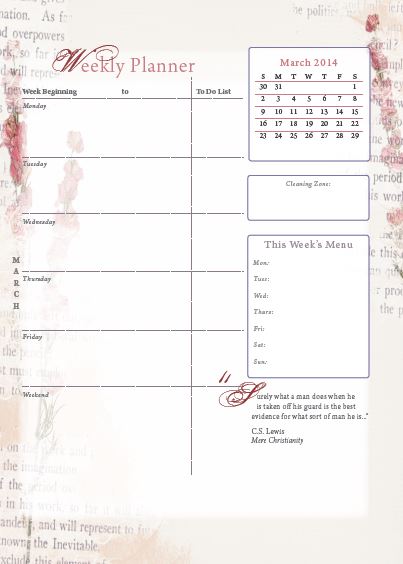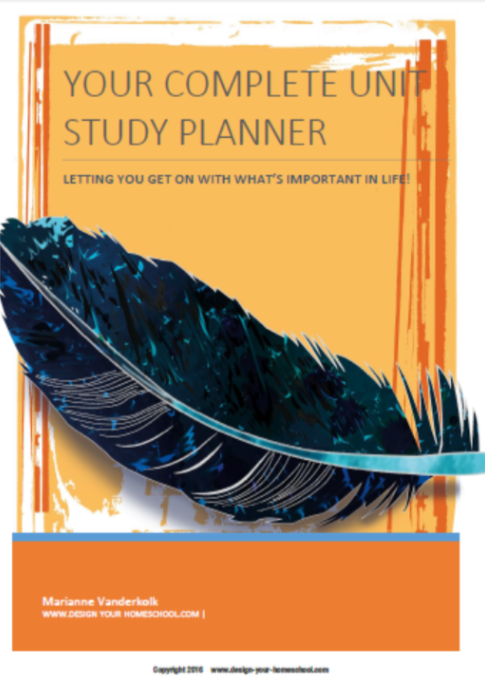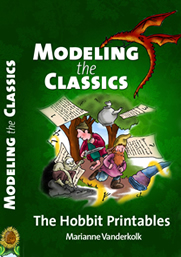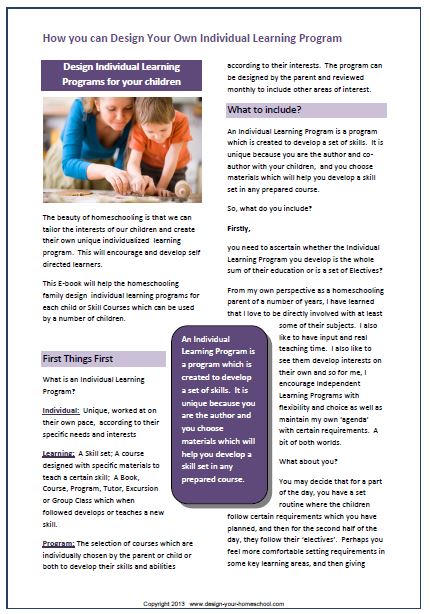Teaching Homeschool History : An Overview
How do we go about teaching history in our homeschool?
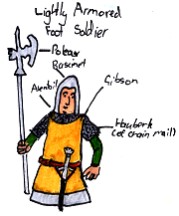
How do you teach homeschool history?
When you are looking at subjects that you want to teach to your children, it is good to ask - "Why are we teaching this?" What is important about History?
I believe that History is "His Story" - God's plans and purposes for this world, the study of the actions of men, the decisions they have made and the consequences of those decisions.
And that's why we have decided that it is important to study.
Homeschool History studied Chronologically
History should be studied chronologically at some time, but it is not imperative that it needs to be studied this way all the time. There are good reasons, however, to study history chronologically.
History is a story - a beginning, middle and end
Firstly, history and life is a story. A story has a beginning, a middle and an end. We are somewhere in that huge time-line story. God's story (HIS STORY) begins with His creation of a wonderful world. Mankind is in harmony with His creator; Then we read of the Fall- the rebellion of man; We then continue with the story of God's rescue plan for mankind - choosing a people for His own, watching them rebel, call for help, repent and fall time and time again.
Yet God's story shows that He is a gracious and loving God. He does not destroy them (or us, right now), but patiently brings about judges to save them, kings to lead them, and eventually a Saviour, His own Son, to a people who reject Him; The story continues of God's love to mankind. God's plan for salvation is completed when His own Son is sacrificed on the cross to restore mankind. Through this act of one God-man, Jesus, all men can be brought back into relationship with their Father in heaven, through faith.
Yet, the story continues, and continues to this day. God continues to wait patiently for men to come to repentance. We see a world which is far away from God and at times we have seen true revivals where men turn back to God. God will one day bring His Story to a close- the End. We are living in this Story- what is the part we are to play? Are we turning our back on the One who was sent to save us? How are our lives a witness for Him? Do we make our decisions in light of God's revealed will to us?
This is HIS Story...
Teaching history and studying homeschool history in a chronological way allows us to see the actions of man, right or wrong and how those actions have consequences. We can see the faithfulness of men such as John Wycliffe, who translated the Bible into English and brought about the widespread revival of large numbers of people who had not been able to read the Bible in their own language for hundreds of years. We can see that men and women fought and died for their freedom - political and religious.
We can see how the philosophies of men are lived out in a society and what is means for the common people. (TruthQuest History is a great curriculum which asks these important questions!) In Sparta, Ancient Greece, the State was their god, and weak and deformed babies were left to die, because they would not be "of use" to the state. Today, faith in Evolution destroys the sanctity of life, regarding the human being as insignificant and a mere genetic accident.
The way that man views himself- where he came from and where he is going, has consequences and is seen in what man does. If we understand the philosophy of a culture, it helps us to understand what they did, made and wrote about, and the way they treated each other. (achievements, art, literature, morals and their ethics). Nothing is neutral.
We can trace cultural similarities between countries from the same roots- Australia from Great Britain.
History is the record of the constant struggle between the forces of good and evil, light and darkness, God and man- who wants to be God. We can see that the writer to the Ecclesiastes is right in saying, "There is nothing new under the sun." Mankind wants to assume the place of God, which is Humanism, and this has been lived out in every culture, every time and place in one form or another.
Read what Michelle Miller from TruthQuest History writes about the real meaning of history.
History has facts - events, dates, people, places
History comes to us in accounts: those who were there and viewed the event (primary source) and those who write about the event at a later date. (secondary source) Primary source documents are more accurate to what the people at the time were experiencing and thinking, but even this perspective is not without bias. In a sense, the only history which comes to us as accurate and infallible is from God's Word. This alone can be taken as truth. However, not all history is written in the Bible, so to understand history we need to take the evidence, read from the closest sources possible, understand their bias, read from secondary sources and make a judgement from that.
Our History Foundational Statement
Why do we teach homeschool history? This is what we have written regarding our reasons for teaching history and how we will teach it in our homeschool. It is our summary or foundation statement:
As a family, we see the need to understand the place of man in the world and his relation to God and his neighbour. We need to study decisions that man has made in history in the light of the environment and the beliefs he holds, and to judge those actions by Biblical standards and consequences, in order to see the way in which God has worked in His World.
We intend to look at time periods chronologically, and explore the events and the characters therein. Using this framework, we will read, memorize some important facts and dates, and discover God’s good plans, his mercy and love as a Creator, Provider and Sustainer. We will see changes that have occurred since the fall of man and consequences thereof, and how all creation can and is called to praise and bring glory to their Creator.
Where to from here?
How do we create our homeschool history curriculum and approach? Find out more at the Homeschool History Sitemap
What resources are available in teaching history? Go to the History Bookshop
Teach homeschool History with Living Books



